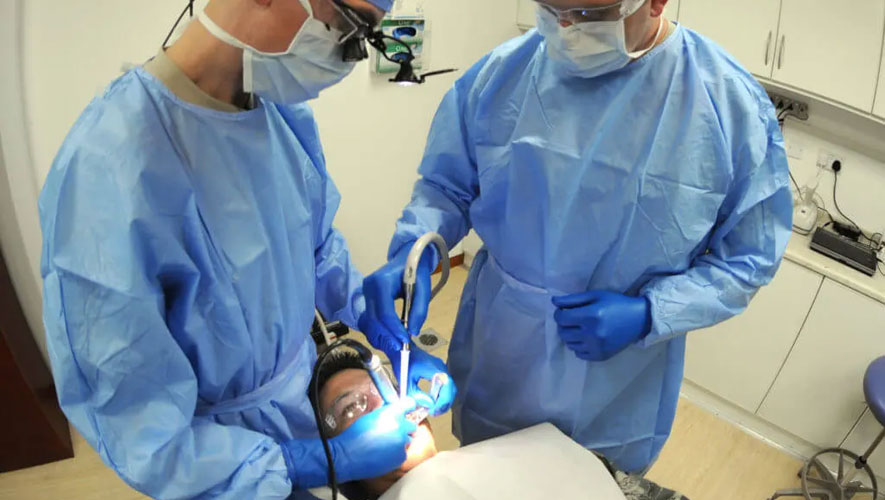The age of the internet is massively changing the ways news and information are being relayed. Nowadays, information tends to be to-the-point and highly fragmented. Coupled with the emergence of mobile phones, users are becoming increasingly entangled in a huge web of information, allowing them to form a cluster or node of their own. At the risk of exaggerating things, these days humans are no longer needed to fill in the clusters, because their absence can be filled with anything digitalised or informatised.
For the latest Cambodian Business news, visit Khmer Times Business
As mobile phones become more of a staple for us, information and news too will become all the more fragmented. Despite the authenticity, or lack thereof in certain information and news, it has without a doubt, helped to contribute to an informed society and, in doing so, smashed the barriers between experts and information users too. Take a video for example, People of all ages, background and knowledge could learn a thing or two just by watching a short clip on, say, astrology. Such circumstances, however, would make it even harder for people to establish a knowledge system too, simply because what they know or gained doesn’t necessarily amount to a frame of knowledge.
For one to establish a knowledge system, they would have to compile additional information on top of what they have learned beforehand, to reinforce their pre-existing knowledge with deeper information. Unfortunately, the majority simply doesn’t possess that capability, because like we’ve mentioned before, people come from all walks of life, are of different academic disciplines and thus possess different mindsets and views owing to their life experience. This also means that the way they choose to absorb and process information varies a great deal too and, thus far, statistics and data have shown that the primary group of internet users are mostly individuals belonging to the 21-30 age group.
Most people who fall within this age group aren’t fully developed yet, at least not cognitively. They may have successfully graduated university, but they have yet to experience what’s “out there”. Don’t even get me started on China’s abysmal education penetration rate. Only half of the users on the internet are educated and possess a degree, The rest, on the other hand, lack the ability to sift and filter the information or knowledge they have acquired and would blindly believe whatever information they’ve been fed, which brings us to another concern.
The Information Age has severely disrupted and distorted the conventional systems in which news and information are transmitted, which causes knowledge gaps to form in society, thereby impeding us from truly becoming an informed society altogether. A healthy, or in this case, a well-informed society, is a society that places its shepherd (the elites) at the forefront to herd its flock of sheep (the people also known as the “non-elites”) in the right direction. In an ideal society where information is absorbed in a healthy and orderly manner, both the shepherd and the sheep would work in tandem with one another to form a symbiotic relationship, as opposed to an independent one.
This means that with further knowledge being passed down, a portion of the “non-elites” would eventually become elites themselves and, in doing so, enabling society to finally progress as one. Unfortunately, all that is being destroyed by the fragmented news depicted in mass media. Consequently, this not only creates a bigger rift between the shepherd and the sheep, but also widens the gap between the parties involved even further. This also means that the voice of those at the bottom will forever dull out the voices of those at the top, thereby resulting in a bubble for the integration of knowledge and information in an orderly fashion. As it stands, this isn’t a scenario that’s unique to China only.
Even the United States and Europe are seeing a rise in the trend because of the populist movement that is growing by the day. Paradoxically, despite lacking the expertise and wisdom of experts themselves, people are no longer believing the words of elites, who are quintessentially the embodiment of professionalism (expertise) and knowledge. Japan might be the only exception to the matter, as evident by the way it has been handling the COVID-19 pandemic, thanks to its 80 percent education penetration rate. In layman’s terms, Japan’s pandemic prevention measures are unique to the country and can’t be emulated at all.
Anbound think tank, Shanghai




